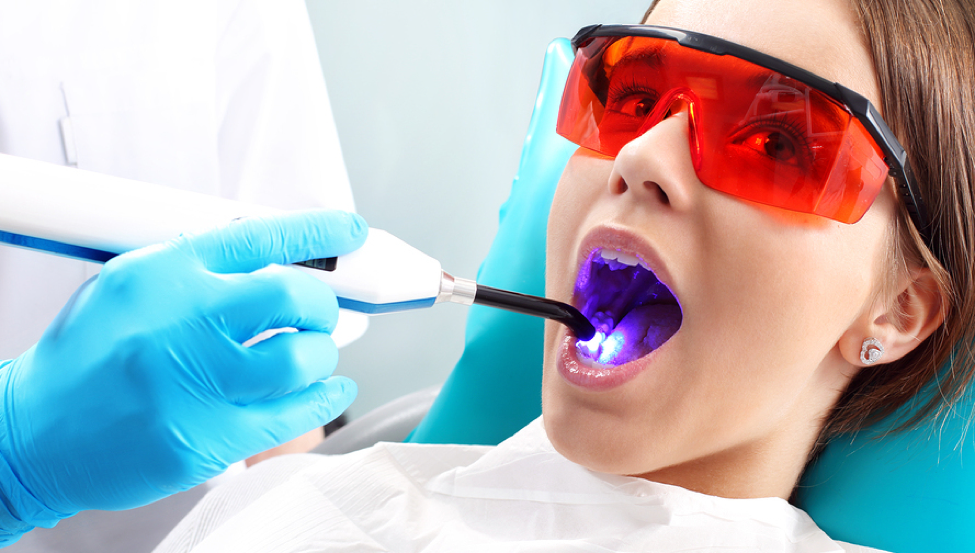
Most people dread dentist appointments due to fear of needles or the procedures’ discomfort usually involved. Today, patients can take advantage of minimally invasive options such as Midtown Manhattan laser dentistry to treat dental cavities and other oral issues. Because of the reduced discomfort, laser dentistry is especially good for children or people anxious to undergo any dental procedure. Specialists laser dentistry to whiten teeth, reshape gums, remove overgrown tissue and treat root canal infections. Here is more information on laser dentistry.
How does the laser work in dentistry?
Lasers deliver energy in a concentrated light beam and can be used in different ways and for varying purposes. For example, dentists use laser light as a heat source to activate bleaching agents during teeth whitening processes. The same light is also used as a cutting instrument in surgical procedures.
What problems can laser dentistry treat?
Tooth decay: A laser can eliminate decay in your tooth and prepare the enamel for filling.
Gum disease: Periodontitis or gum disease causes receding gums which allow bacteria to form within. Laser light can be used to reshape the gums and also eliminate bacteria during root canal treatment.
Teeth whitening: This involves using hydrogen peroxide to remove yellow stains. Dentists use laser light to activate and speed up the whitening process. Some
Lesion removal: Doctors use lasers to remove tissue samples for close examination for cancer. They can also be used for patients with canker sores to relieve pain. Other processes such as bonding dental veneers also require laser light.
Is laser dentistry safe?
Although laser dentistry is gentler than traditional dentistry, some risks are still involved. However, laser treatment’s side effects or potential risks are minimal than conventional dentistry. Working with a professional reduces some of the following possible risks of hard lasers.
- Tooth pulp injury. The pulp is the innermost part of your tooth which contains blood vessels and nerves. An injury in this part of your tooth may develop if your tooth breaks. It usually leads to severe pain, and most of the time, the affected tooth needs repair.
- Gum injury. Misdirection of dental lasers can hurt your gums. Most dental treatments, such as teeth whitening, pose this risk.
What are the advantages of laser dentistry?
- Treatment is less painful and therefore reduces the need for sedation.
- It is a suitable treatment option for children and people who get uncomfortable and anxious from the dental drill.
- Less healthy tissue gets damaged during cavity removal.
- There is minor swelling and bleeding when treating soft tissues.
- There are minimal complications as with laser dentistry.
Cons of laser dentistry
- Traditional drills are sometimes necessary to polish a filling or adjust a bite even after laser treatment.
- Lasers are not suitable for patients with teeth fillings.
- Commonly performed dental procedures such as filling cavities between teeth and preparing teeth for bridges can’t be done using a laser.
If you have further questions or want to learn more about laser dentistry, consult with your specialist today at Downtown Pain Management.